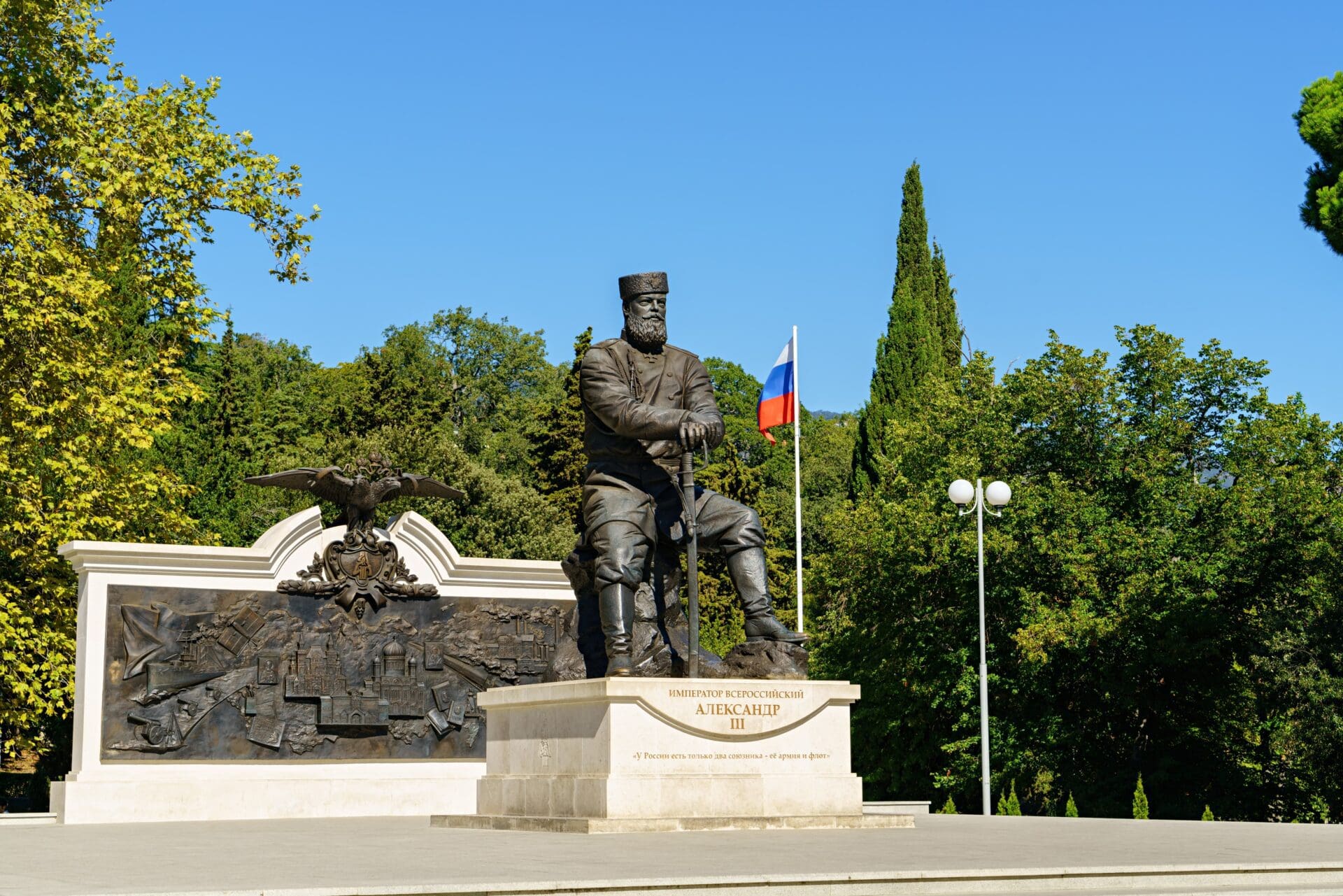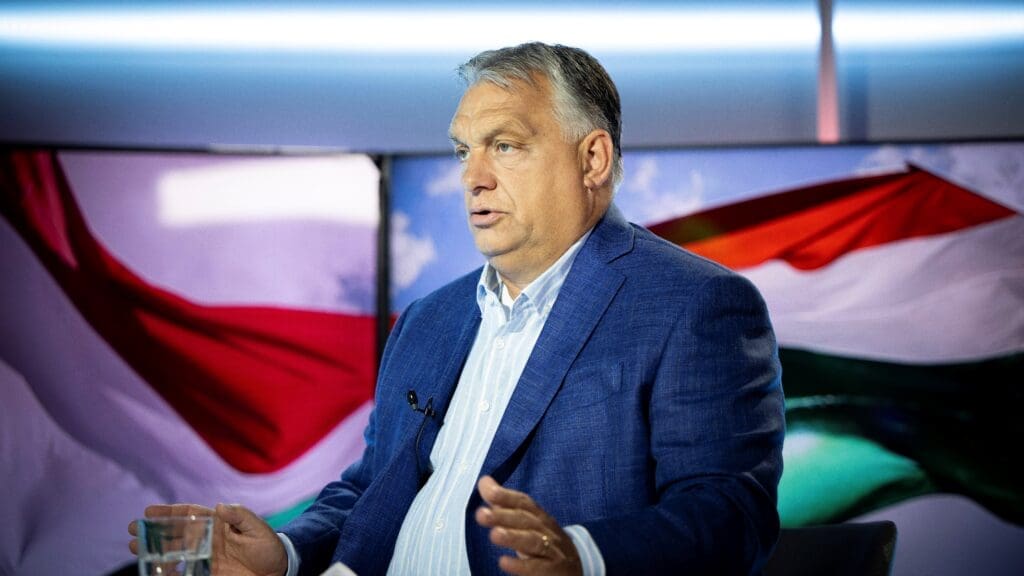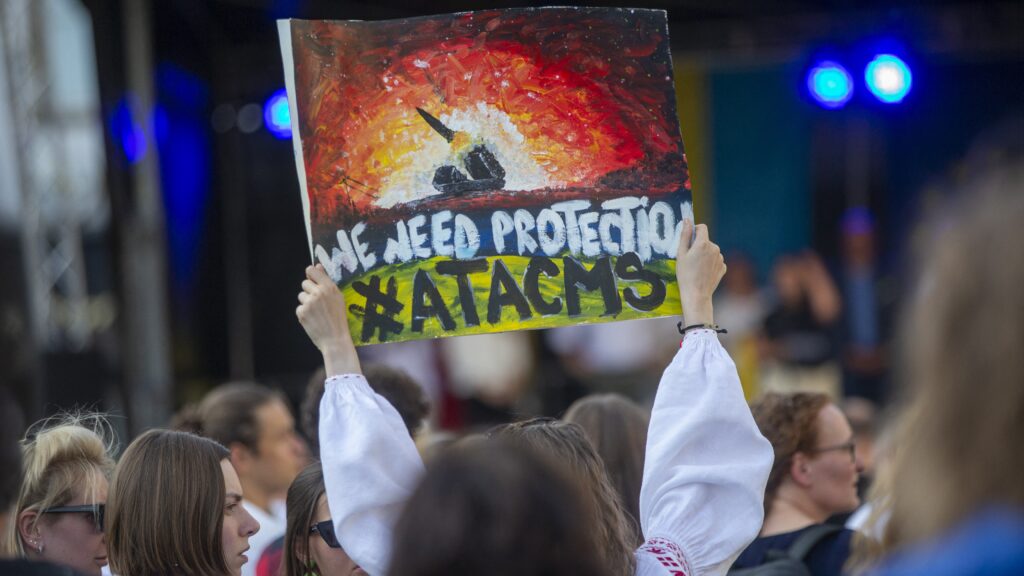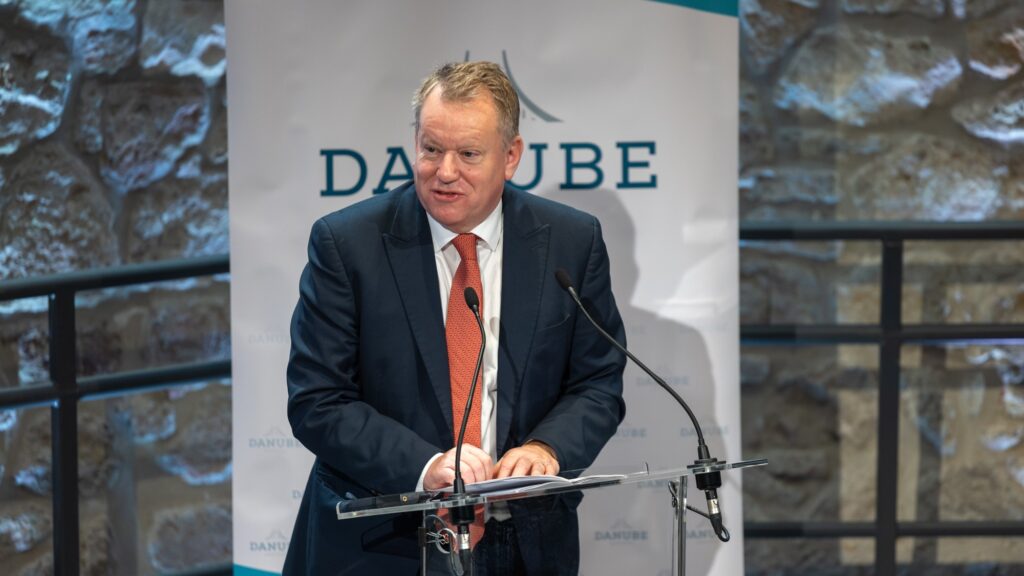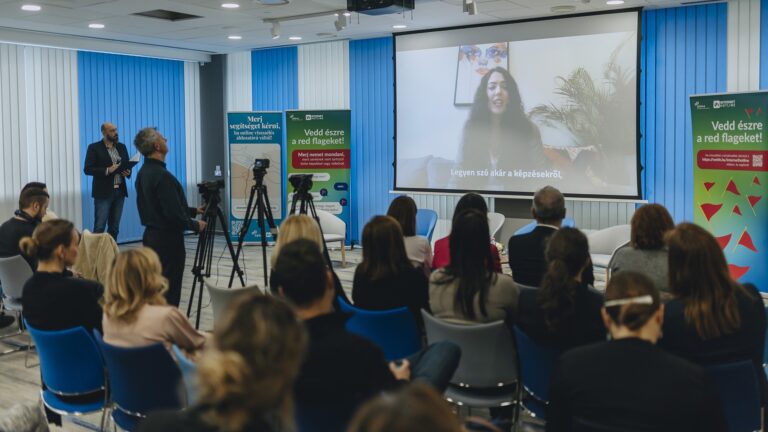Alexander III of Russia is known to be Putin’s favourite tsar. In 2017, three years after Russia annexed Crimea, Putin unveiled a gigantic monument dedicated to the ruler who reigned from 1881 to 1894. While at the time Putin was accused of wanting to benefit from the glory and fame of Russian emperors, his interest in Alexander III is deeper than a simple attraction to the tsar’s glory. Putin is in fact inspired by Alexander III, by his ideas and the policies he stood for. Therefore, to understand the inspirations Putin has, it is crucial to have a closer look at who Alexander III was.
In mainstream Russian historiography, Alexander III is known for two things—the construction of the Trans-Siberian Railway and for the long peace under his reign. The tsar himself conceived the plan for the Trans-Siberian Railway, a grand project to connect the Empire from West to East, boosting economic links between Asia and Europe. Although the construction of the railway was not completed until decades after his death, Alexander III’s seminal role in the realization of the Trans-Siberian Railway is remembered in the Crimean monument dedicated to the tsar. In 2021 in an announcement on the Russian President’s website upon the unveiling of another monument to Alexander III in the Leningrad region, Alexander III was branded as the ‘Russian Peacemaker Tsar’—reminding of the other aspect his reign is famous for. He gained recognition as a ‘peacemaker Tsar’ because under his reign the Russian Empire did not wage any wars. As Alexander III had fought in the Russo-Turkish war (before he became emperor), he was well aware of the dangers and tragedies involved, so he consciously tried to avoid military conflict. Committed to keeping the peace in 1895 when there was a clash at the border with Afghanistan between Imperial Russia and Imperial Britain, Alexander III, instead of starting a war, managed to negotiate peace with Britain, consolidating the border between the two empires.
‘Russia has only two allies—the army and the navy’
While so far nothing seems to be extraordinary about Alexander III, his figure has a lot more to offer than what mainstream collective memory has preserved. The quote from Alexander III on the monument unveiled by Putin in Crimea reads as follows: ‘Russia has only two allies—the army and the navy’. While the tsar did do a lot to avoid war, he also made heavy investments in the imperial army, as he firmly believed that only a militarily powerful Russia can remain peaceful, undisturbed by both external and internal challenges. The massive investments, made possible by the rapid economic development Russia went through during Alexander III’s reign, were also used to strengthen the empire’s global influence. The tsar was instrumental in forging the Russo-French Alliance, developing economic and military ties with France to counteract Germany. Inspired by Alexander III’s ability to step up in global affairs, in his speech at the unveiling of the tsar’s monument Putin also praised the emperor for openly and unapologetically pursuing Russia’s interest.
Alexander III’s ability to engage in global affairs was coupled with the stability of his rule at home—which is yet another aspect of his reign that appeals to today’s Kremlin. Soon after the assassination of his father, and definitely shaken by what happened to the ruling emperor, Alexander III issued the so-called ‘Manifesto on Unshakable Autocracy’ in which he argued for the ‘firmness’ and ‘inviolability’ of autocratic rule (slowing down Russia’s path towards a constitutional monarchy). Alexander III rejected his father’s reforms and attempts to liberalise Russia and argued that maintaining and inhabiting an ‘unshakeable autocracy’ is the sacred duty of tsars—a duty bestowed on them by God. After the manifesto was issued, many political figures and thinkers were exiled without ever being put on trial or being granted fair procedure. Eradicating his political rivals contributed to his ‘unshakable rule’, which in turn assisted Alexander III in engaging in global affairs. Admiring the style of his rule, in 2021 Putin called Alexander III the ‘builder of our state’ (‘строителем нашего государства’).
Leontiev viewed Western influence and cultural trends harmful for Russian society
There are two additional ideas that today’s Russian elites seem to appreciate from Alexander III’s time. First, the thoughts of Konstantin Nikolayevich Leontiev. Leontiev was a conservative philosopher who viewed Western influence and cultural trends harmful for Russian society. In an attempt to save Russia from the demoralising influence of the West, Leontiev advocated for turning towards the East. The second idea that today’s elites are attracted to from the peace-making tsar’s time is the Russification the emperor started. He mandated the use of the Russian language at Polish universities, while the signs at train stations and posters in the Baltic region were also changed to Russian. The Russian Empire, which had always been a multi-ethnic entity, never endorsed the primacy of the titular nation over minorities to this extent before. Russification coupled with the turning away from the West speaks of a sense of Russian exceptionalism that the current Russian administration also seems to favour.
Overall, both Putin and Alexander III are ‘reactionists’. As after the assassination of his father, Alexander III tried to undo the liberalisation his father had started, so Putin spent the early years of his presidency undoing the reforms of the Yeltsin administration. They share not only the scepticism about those who governed before them, but also a deep commitment to authoritarian governance and Russian primacy. The story of Alexander III and Putin’s admiration for him eloquently speak of how important knowing history is to make sense of the world around us.

